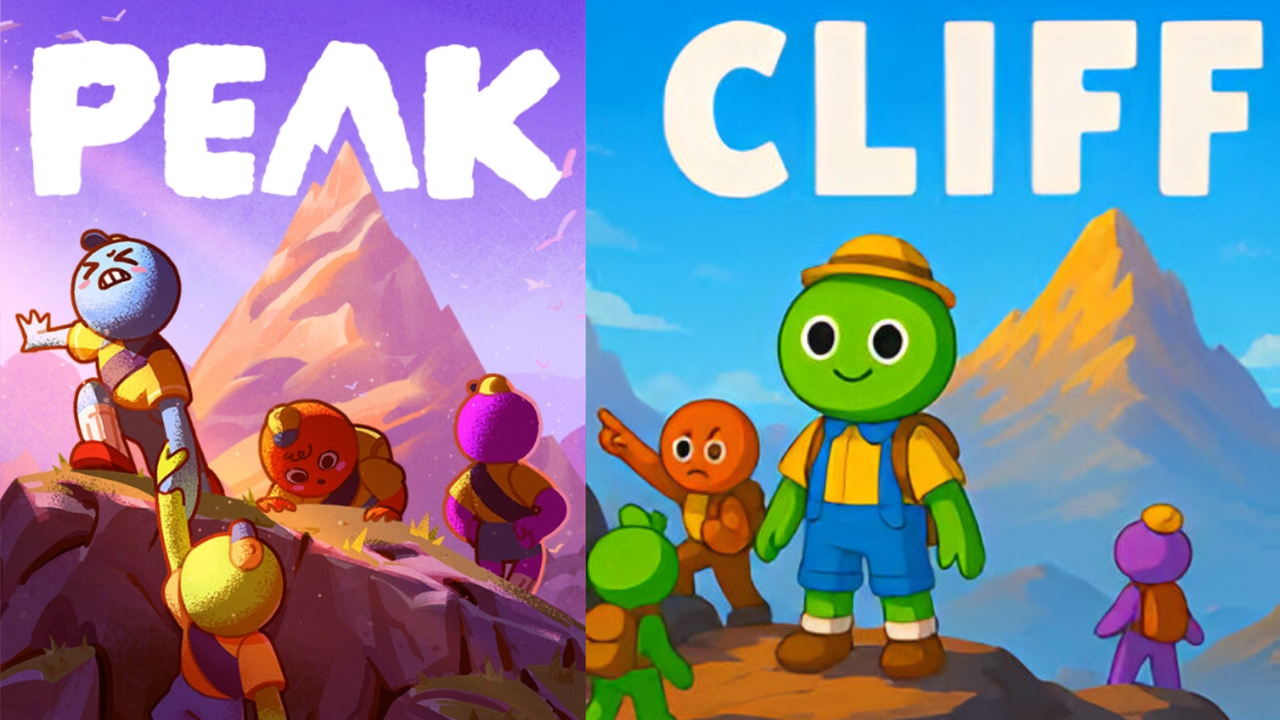
Currently, Roblox ranks among the world’s most played games, consistently sitting atop the play charts on PlayStation and Xbox. With over 380 million active users monthly across all platforms like PC, this platform is a hub for user-generated content. However, it’s also gaining notoriety due to an increasing number of cloned games that surface, often inspired by popular indie titles trending in the gaming world.
Clones often function as free-to-play games, yet they’re brimming with opportunities for monetization. Frequently, these clones borrow fundamental concepts and designs from other games, sometimes without giving credit or permission to the original creators. This practice raises significant issues for independent developers.
If these imitation Roblox games draw focus from the original ones, they might be appropriating attention, earnings, and acclaim. It’s not just fun and games for everyone who sees these copies as anything but tributes. For some creators, these replicas are causing much more damage than any benefits could ever offer.
The clone machine: Roblox copies what’s trending
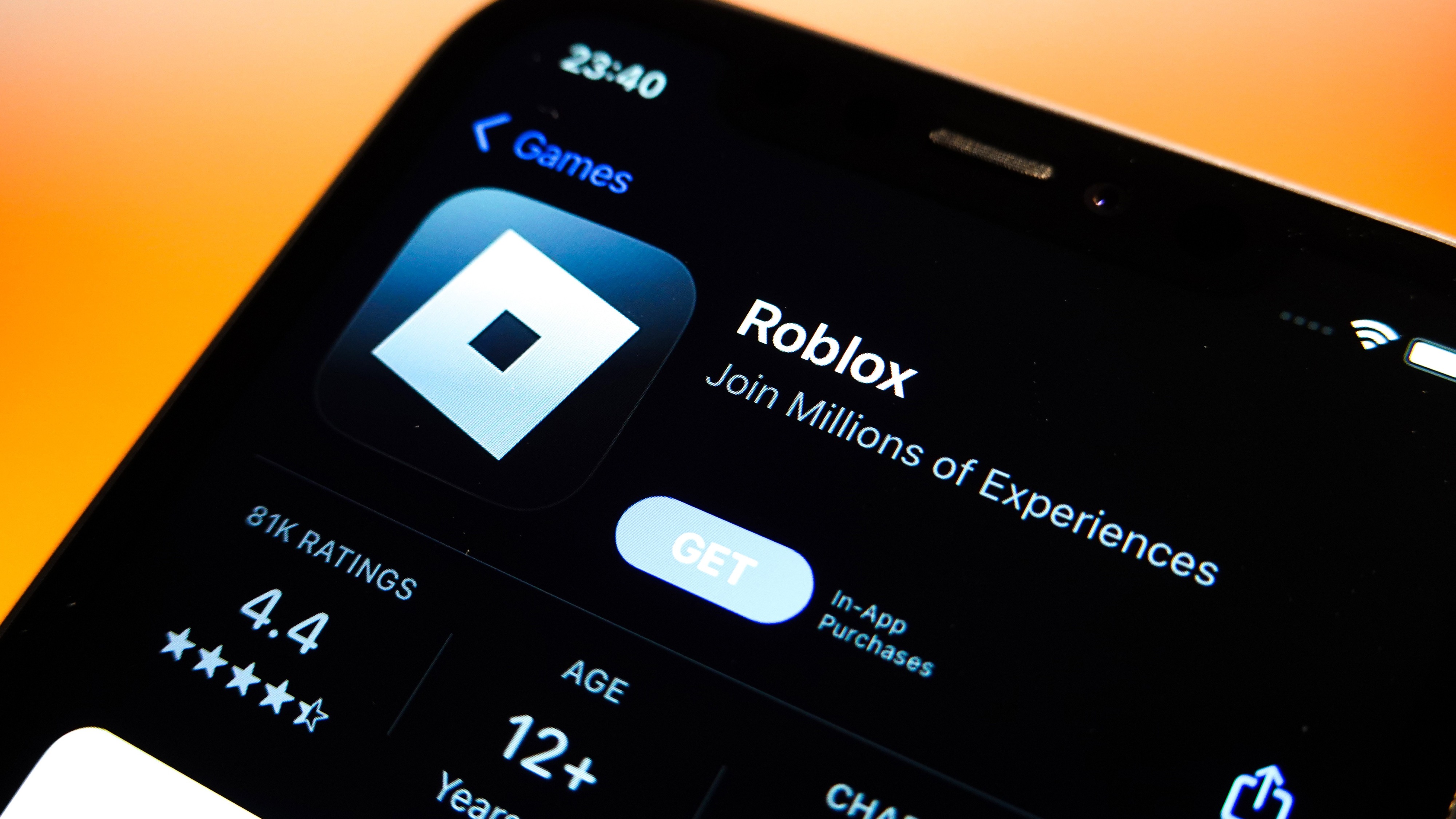
The growing number of players on Roblox, coupled with its user-friendly design tools, has led to a surge in the replication of popular games, sometimes disregarding the rights of the game’s original developers.
Some creators on the Roblox platform have amassed millionaire status through user-generated games, swiftly releasing new titles that mirror the success of indie games once they trend. Often, these titles closely resemble their originals, not only in terms of gameplay but also visual design, structure, and user interface aspects.
Examples of copied/replicated games include:
- CLIFF (PEAK )
- TC2 (Team Fortress 2)
- Imposter (Among US)
- Flee the Facility (Dead by Daylight)
- Deadly Company (Lethal Company)
- Pokémon Brick Bronze (a full clone of Pokémon that was eventually taken down)
In some instances, these unauthorized replicas have amassed significant popularity, with play counts reaching millions. Interestingly, in certain situations, these copies have surpassed the performance of the original games, particularly among younger players who predominantly use Roblox. Although some of these clones are labeled as fan-created, many fail to acknowledge the original creators, and a majority incorporate monetization strategies that the originals intentionally avoid.
Why these clones might be a problem
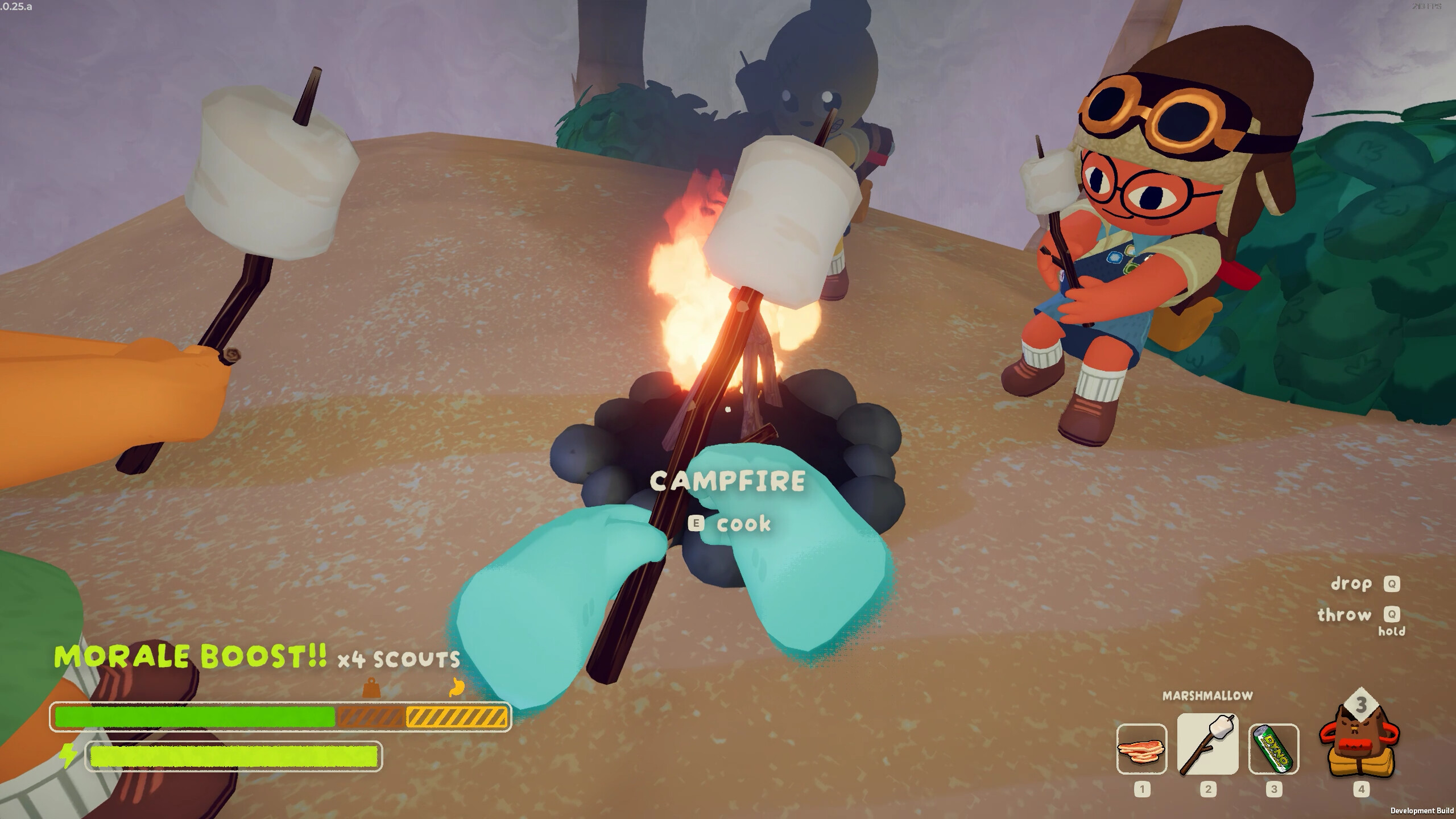
One significant concern about these clone games is that they often deviate from the original design principles by incorporating pay-to-win features and other monetization strategies, which may not align with the intentions of the original game’s creators. The rapid proliferation of these clones, particularly on platforms like Roblox with a vast user base, can quickly overshadow the original game in search results across various online channels, including websites, YouTube, and TikTok trends.
Should a duplicate become popular, it could eclipse the original in popularity and exposure, despite potentially falling short in terms of quality or performance. And even when these Roblox spin-offs lose their luster, the imprint they left can persist. If someone seeks a fresh game and encounters a free Roblox version initially, there’s a chance they might never discover the original at all.
The popular Roblox game CLIFF, which resembles the indie cooperative climbing game PEAK, has been visited by over 6 million users so far. In contrast, PEAK had approximately 114,000 simultaneous players (according to SteamDB) and is estimated to have around 6 million owners since its release in June.
In just two short weeks since its launch, CLIFF has experienced an astonishing surge in popularity. It’s worth noting that it isn’t alone in this genre; another game, named CLIMB, which shares similar roots with PEAK, has garnered a staggering 13.9 million visits on Roblox during the same period.
Climb, unlike Cliff, doesn’t seem to incorporate monetization and preserves the standard Roblox aesthetic, whereas Cliff heavily imitates Peak. However, both instances demonstrate the rapid pace at which copies can become popular, occasionally equaling or even exceeding the original game’s popularity in a fraction of the time.
Roblox’s incentives and monetisation model
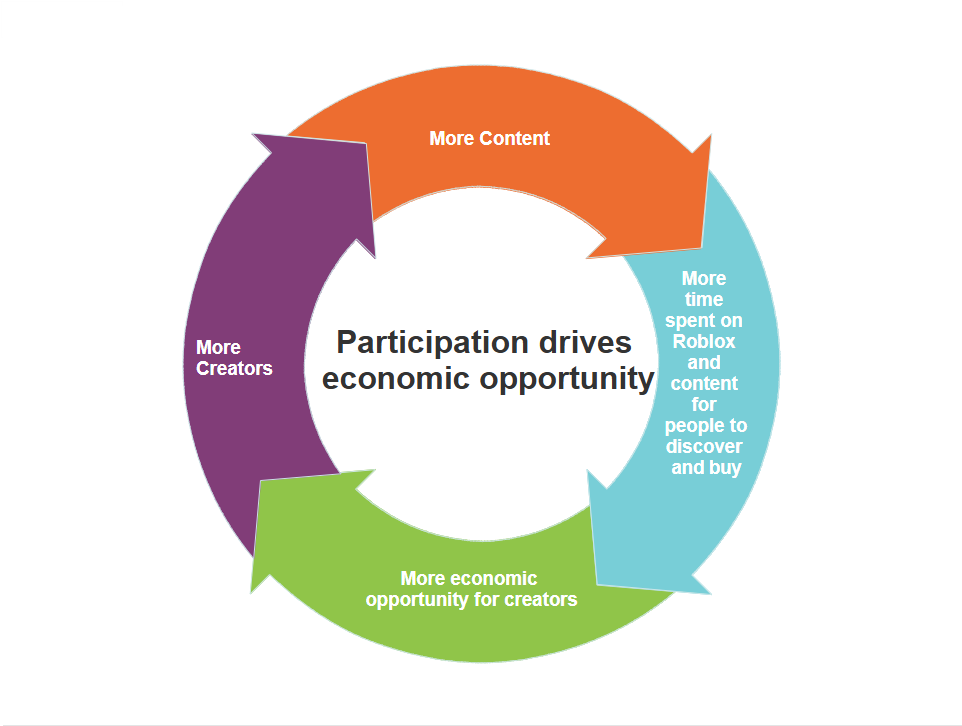
The economy within the virtual world of Roblox primarily revolves around “Robux”, a digital currency that gamers purchase using real funds to buy game items, passes, cosmetics, and enhancements. Developers gain Robux whenever players spend within their games, which they can later exchange for actual money through Roblox’s Developer Exchange platform.
This platform has enabled certain Roblox developers to amass millions, yet the distribution of earnings fluctuates based on content type. Developers usually earn between 10% and 30% of their game’s income (generated through Roblox), which signifies a substantial deduction from their total earnings.
The minimal returns might be a reason why numerous developers aggressively pursue monetization strategies, such as pay-to-win features and premium abilities. In this business model, even though the profit margin is small, it encourages developers to optimize user spending for higher rewards.
What is the community saying?
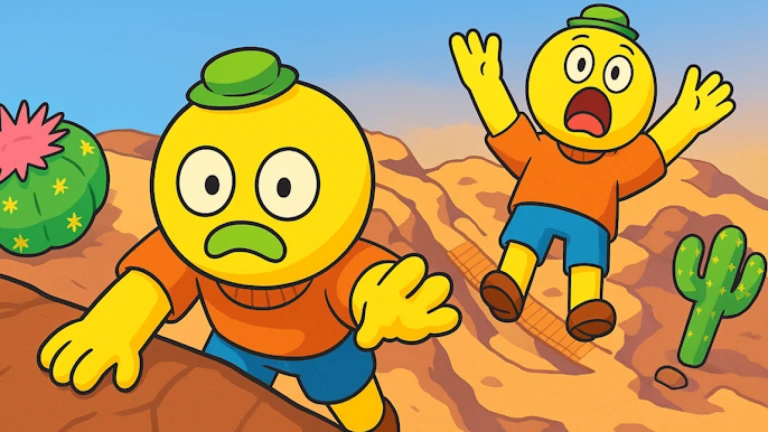
Developers from the studio responsible for creating PEAK usually don’t openly express it, but they directly addressed the game CLIFF, which is often compared to Roblox, by saying something along the lines of, “Honestly, we’d rather you pirate our game than play this overly-monetized and poor imitation of Roblox.
As a passionate supporter, I’ve noticed that the community has consistently voiced their disapproval towards studios releasing clones, particularly those that are overt or monetized. This sentiment is evident across various platforms such as Reddit, Twitter, and YouTube.
Many users often accuse Roblox of not having stringent rules regarding intellectual property. The platform typically only takes action when a Digital Millennium Copyright Act (DMCA) takedown notice is filed. For instance, the game Pokémon Brick Bronze was believed to have been taken down following a DMCA notice from Nintendo, a company well-known for taking such actions to protect its intellectual property.
On Reddit, responses to these clones are often marked by disbelief, as comments such as “This must be against the rules” demonstrate the apparent transparency with which some players view this matter. The fundamental concern lies in the fact that a significant portion of Roblox’s user base is young, with 40% being under the age of 13 (as per LinkedIn data), and many of these younger players may not be aware that these games are clones or might not find it important.
What can even be done?
In an optimal scenario, Roblox might choose to be more aggressive when it comes to intellectual property (IP) protection. Identifying and prohibiting blatant copies, as well as restricting monetization in those games, would certainly move them towards a safer environment for creators. However, this action could also affect developers who currently earn income from these games, regardless of the ethical implications.
Players may report games for multiple reasons, including the case of CLIFF. However, beyond reporting, not much action can be taken unless the studio or developer chooses to remove the game. Even if a takedown occurs, it’s possible that similar versions could emerge as “Pokémon-like experiences” persist within the game.
It seems to me that genuine change needs to originate from Roblox itself at this stage. However, these clones might not cause much damage in the long term, although I may be overly hopeful. In my opinion, though, blatant copies warrant stricter moderation. I’d love to hear others’ thoughts on this issue.
Read More
- How to Get the Bloodfeather Set in Enshrouded
- Gold Rate Forecast
- 10 Movies That Were Secretly Sequels
- USD JPY PREDICTION
- Auto 9 Upgrade Guide RoboCop Unfinished Business Chips & Boards Guide
- One of the Best EA Games Ever Is Now Less Than $2 for a Limited Time
- 4 TV Shows To Watch While You Wait for Wednesday Season 3
- Best Werewolf Movies (October 2025)
- 32 Kids Movies From The ’90s I Still Like Despite Being Kind Of Terrible
- These Are the 10 Best Stephen King Movies of All Time
2025-08-08 14:41